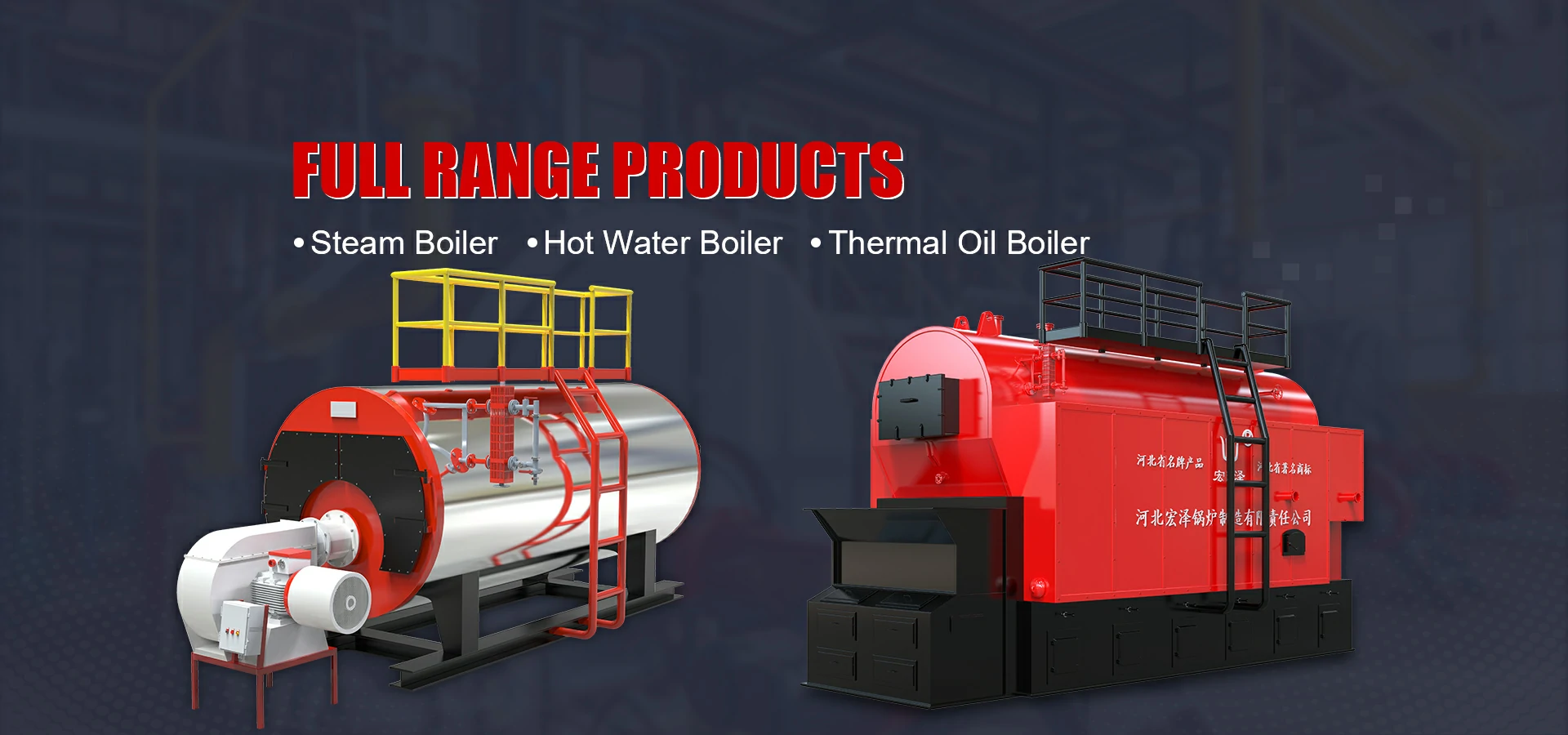
Oct . 11, 2024 14:10 Back to list
thermal oil boiler
Thermal Oil Boilers An Overview
Thermal oil boilers are an essential component in a variety of industrial processes, particularly those requiring precise temperature control and efficient heat transfer. Unlike conventional boilers that use water as a heat transfer medium, thermal oil boilers utilize organic thermal fluids or oils, which can operate at higher temperatures without the risk of pressure build-up. This characteristic makes them an attractive option for many industries, including food processing, chemicals, and manufacturing.
One of the primary advantages of thermal oil boilers is their ability to provide consistent heating at high temperatures. Operating temperatures can exceed 300°C (572°F) and even reach 400°C (752°F), making them ideal for processes that demand stable thermal conditions. The use of thermal oil also eliminates the need for high-pressure systems, which can simplify the design and operation of heating systems while minimizing safety risks associated with high-pressure boilers.
Thermal oil systems are designed to be extremely efficient. The heat transfer mechanism in thermal oil boilers allows for rapid heating and cooling, which reduces energy consumption and improves overall productivity. The oils used in these systems have high thermal stability and low vapor pressures, further enhancing efficiency and safety. These properties ensure that the heat transfer fluid remains stable over prolonged periods, reducing the need for frequent changes and maintenance.
thermal oil boiler

In terms of applications, thermal oil boilers are widely used in industries that require precise heat regulation. In the food industry, for example, they are utilized for processes like frying, drying, and cooking, where maintaining specific temperatures is crucial for product quality. Similarly, in the chemical industry, these boilers facilitate processes that demand high temperatures, such as polymerization and distillation, ensuring optimal reaction conditions.
Another significant benefit of thermal oil boilers is their versatility. They can be integrated into complex heating systems and can be designed to meet the specific needs of various applications. This adaptability allows industries to enhance their operational efficiency and customize their energy management strategies to reduce costs.
Despite their many advantages, it's essential to follow strict maintenance protocols for thermal oil boilers to ensure long-term operation. Regular checks, monitoring oil quality, and maintaining the system's components can prevent issues such as thermal degradation or coking, which can negatively impact performance.
In conclusion, thermal oil boilers stand out as efficient and reliable heating solutions across numerous industrial sectors. Their ability to operate at high temperatures without pressure, combined with their versatility and energy efficiency, makes them a preferred choice for many applications where precise thermal management is critical. As industries continue to evolve and seek out sustainable energy solutions, thermal oil boilers are poised to play a vital role in future thermal management strategies.
-
Best Steam Boiler Design PDF Free Design Calculation & Diagram Downloads
NewsJun.10,2025
-
Hot Boiler Water Heater Efficient Heating Solutions for Home & Commercial Use
NewsJun.10,2025
-
Steam Boiler Safety Devices High-Quality Protection Valves
NewsJun.10,2025
-
Ultimate Steam Boiler Checklist for Safety & Efficiency
NewsJun.10,2025
-
Optimal Hot Water Boiler Temperature Setting Guide
NewsJun.10,2025
-
Effective Hot Water Boiler Chemical Treatment Protect & Maintain
NewsJun.09,2025
Related PRODUCTS






















